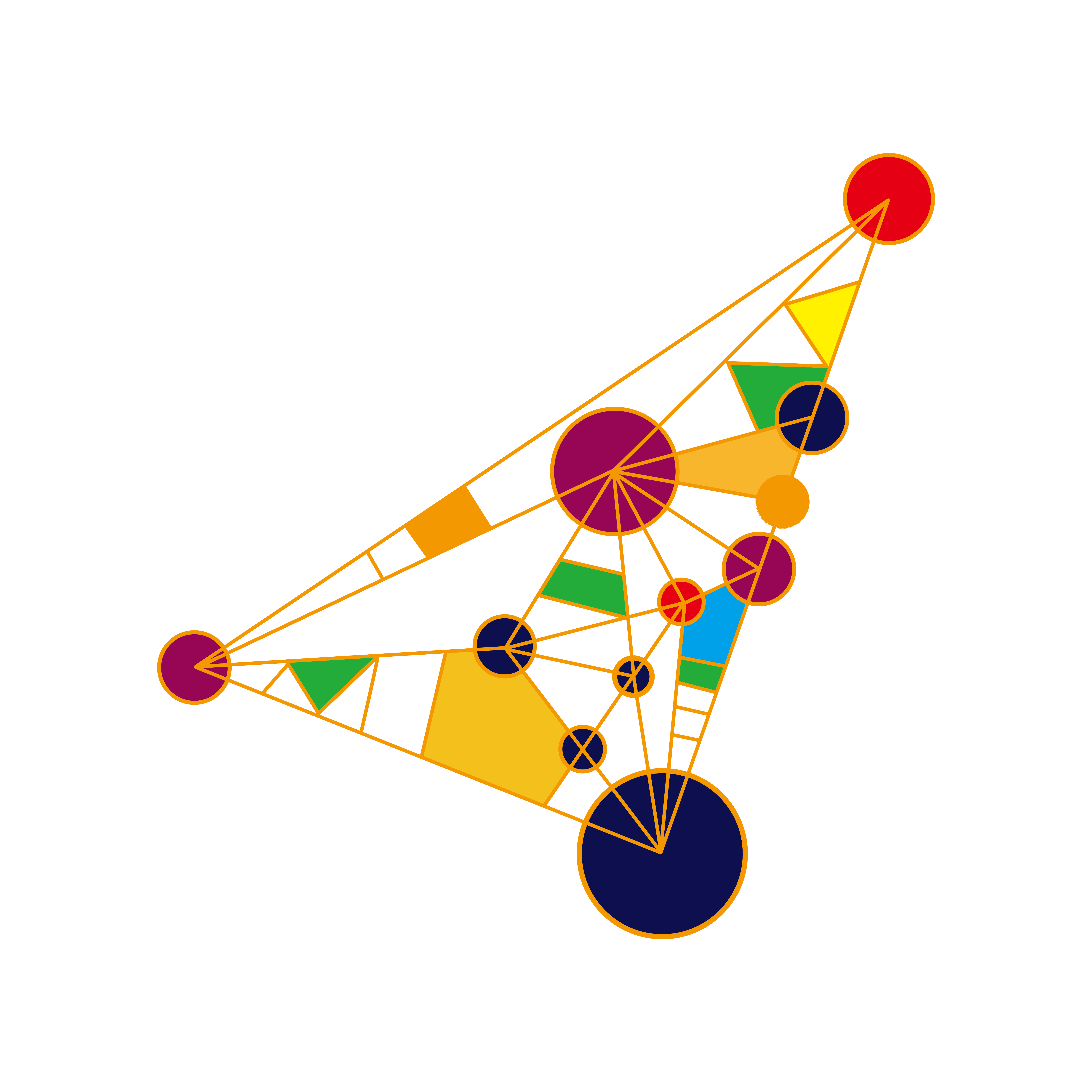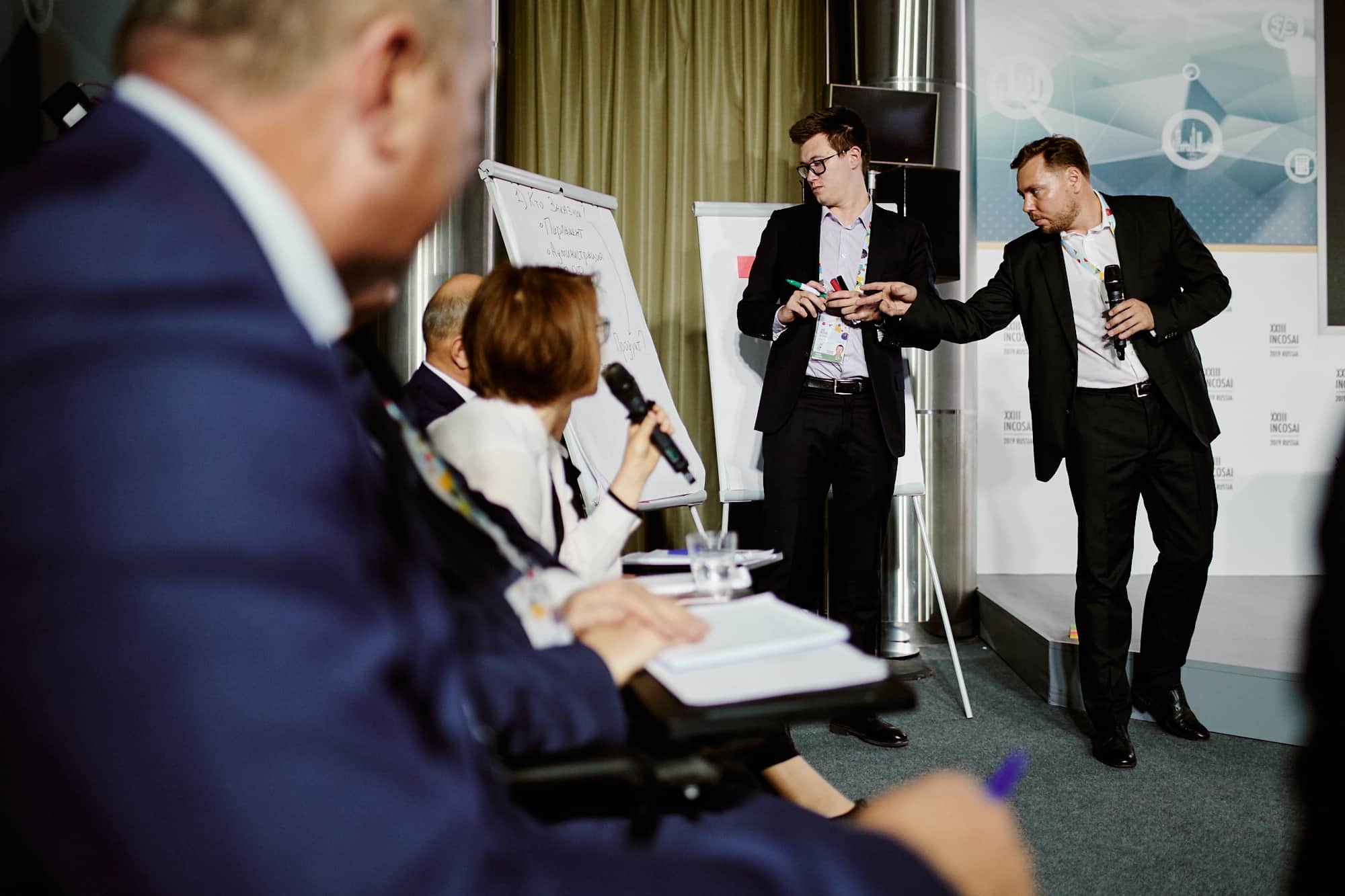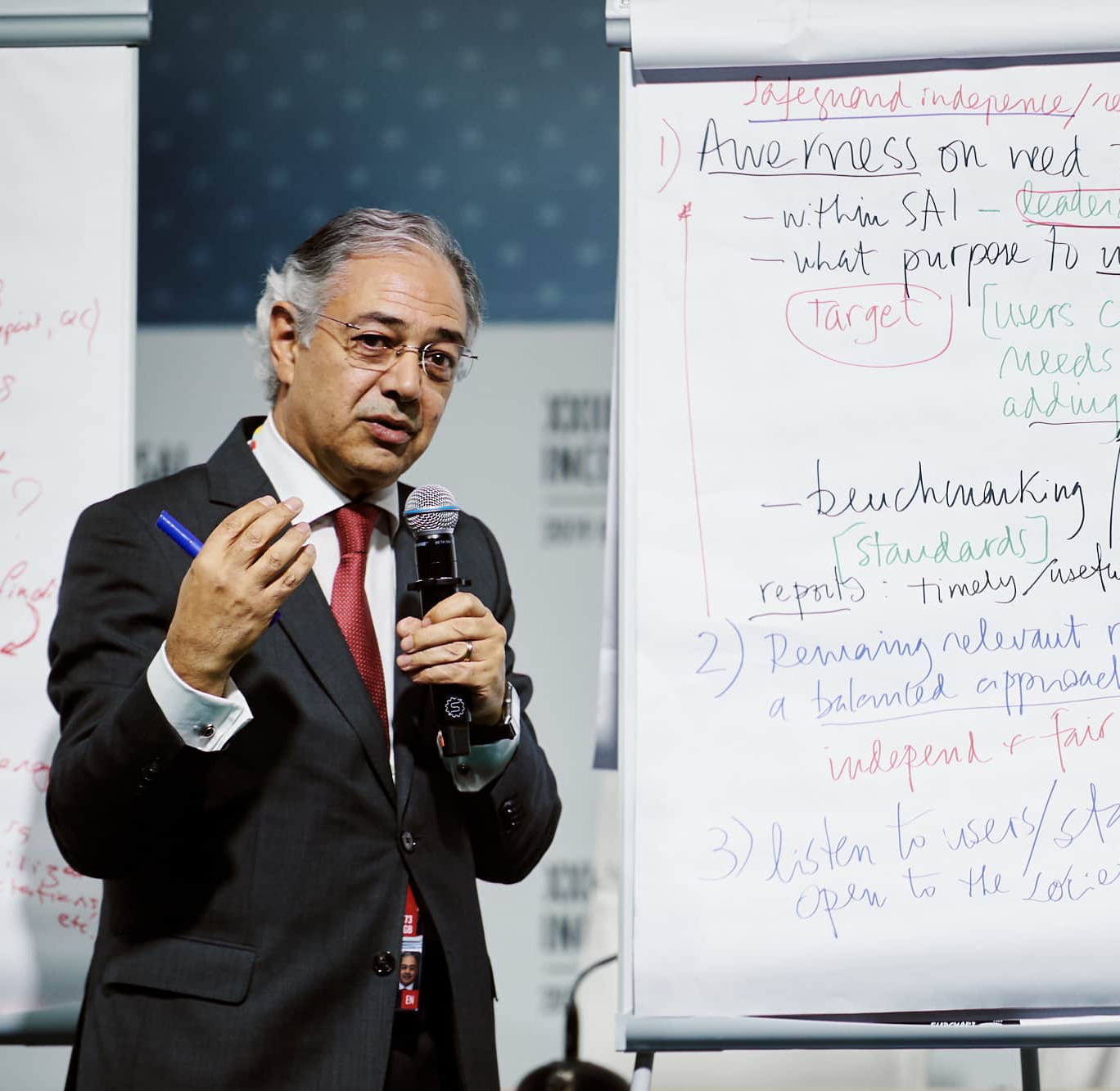Progress
SAIs adopt the whole-of-government approach when carrying out audits of important and strategic issues (China, USA). Recommendations are mostly based on the findings of their audits and include proposals for future action by public actors. Depending on the case, these recommendations may relate to management or organizational issues, but also to more structural matters or even public policy guidelines (France). Some SAIs launched special advisory boards or worked within public interagency groups in order to support government institutions, improve standards of government accounting and financial reporting, enhance accountability mechanisms (India, North Macedonia). Technologically advanced SAIs established centers for strategic foresight to identify, monitor and analyze emerging issues (USA, Russia). Other entities with a broader mandate presented bills to national parliaments related to transparency, accountability, public procurement (Peru), public employment, climate and demographic change (Costa Rica) and prepared reports on specific topics (UK) in terms of planning, oversight, collaboration and financial management.
Many INTOSAI members are actively engaged in international cooperation concerning the preparation of audit-based advice (Chile, Ecuador, UK, Russia) on such themes as fight against corruption and SDGs. Guidelines and guidance notes issued by SAIs contain suggestions for potential strategic management responses and audit procedures in times of emergency.
Austria:
Audit-based advice is key to the tackling of national and global emergencies. By issuing recommendations that are based on independent and evidence-based auditing, SAIs can help to render the performance of public services more efficient and effective. Non-audit products such as guidelines for systemically relevant areas can help to improve the lives of citizens more tangibly. INTOSAI has published numerous guidelines and guidance notes, including an entire website dedicated to COVID-19 by the PFAC. The guidelines and guidance notes contain suggestions for potential strategic management responses and audit procedures in times of an emergency. They also contain best-practice examples by numerous SAIs that have already tackled various crises. This kind of exchange should be continued and promoted.
Challenges
Some SAIs consider that the main challenge for the implementation of this provision is the absence of obligation by auditees to accept recommendations (Malaysia) and the lack of public discussions on relevant issues (Peru). Even if audit findings and practical recommendations are taken into account by the executive and legislature, their manifestations are beyond the control of SAIs (Cyprus). Therefore, audit-based advice tends to be perceived as suggestions rather than directions. One of the ways to render the work of SAIs more relevant for parliaments and government authorities would be to increase the interest of other relevant parties on this type of reports (Costa Rica). The involvement of business and academic community as well as ordinary citizens in discussions on significant issues might give an impetus to officials to pay more attention to audit results. Unforeseen global crises such as the one caused by the COVID-19 pandemic and other extraordinary situations may also pose a threat to the effectiveness of SAIs by negatively affecting the independent nature of audits (ECA, Norway).
Chile:
Even though the Chilean SAI does not have the legal competence to audit the Congress, the Comptroller General is regularly invited to Congress to provide insight on the matters that are being discussed. We also have been strengthening our networks. The CGR along with the Chilean chapter of UNDP, lead the UNCAC-Chile Anticorruption Alliance, that brings together institutions from the public, private, academic and civil society sectors with the aim of implementing in Chile the principles of the United Nations Convention against Corruption and reinforcing SDG 16. To do this, actions are carried out in five areas: Promotion of integrity; training and dissemination; legislative initiatives; good practices and standards review; and communication. It has established itself as the main meeting platform between the actors linked to the strengthening of integrity in Chile, which has made it possible to face anti-corruption issues in a transversal and multisectoral manner, extending the audit-based advice to all the member institutions.
Plans
It is still contended that advisory activity of SAIs can be useful in pursuing the scope of facilitating the achievement of strategic goals. In this respect, it may be useful to develop methodologies to combine both ex ante and ex post controls (Italy). At the same time audit entities are set to further improve relations with their main stakeholders to produce audit reports that are relevant for them and come into use in the legislative process (USA). There has to be increased attention towards foresight techniques in order to enhance the focus not only on certain cases, but also on strategic matters (ECA, Peru, Indonesia). In the future, some SAIs would support the idea to make audit-based advice one of the primary functions of accounts and control entities and codify it by law (Malaysia).
Contact Us
The Accounts Chamber of the Russian Federation
Department for International and Regional Cooperation
119121, Russia, Moscow, Zubovskaya street, 2










